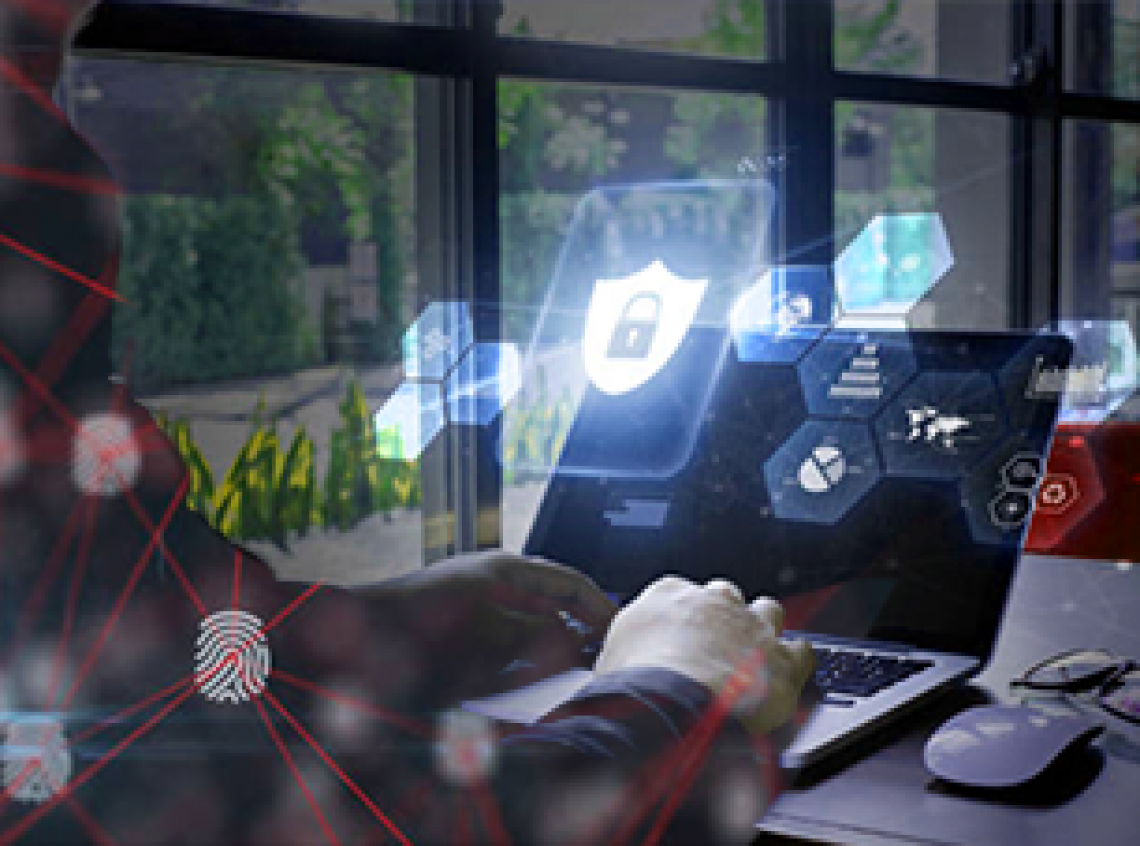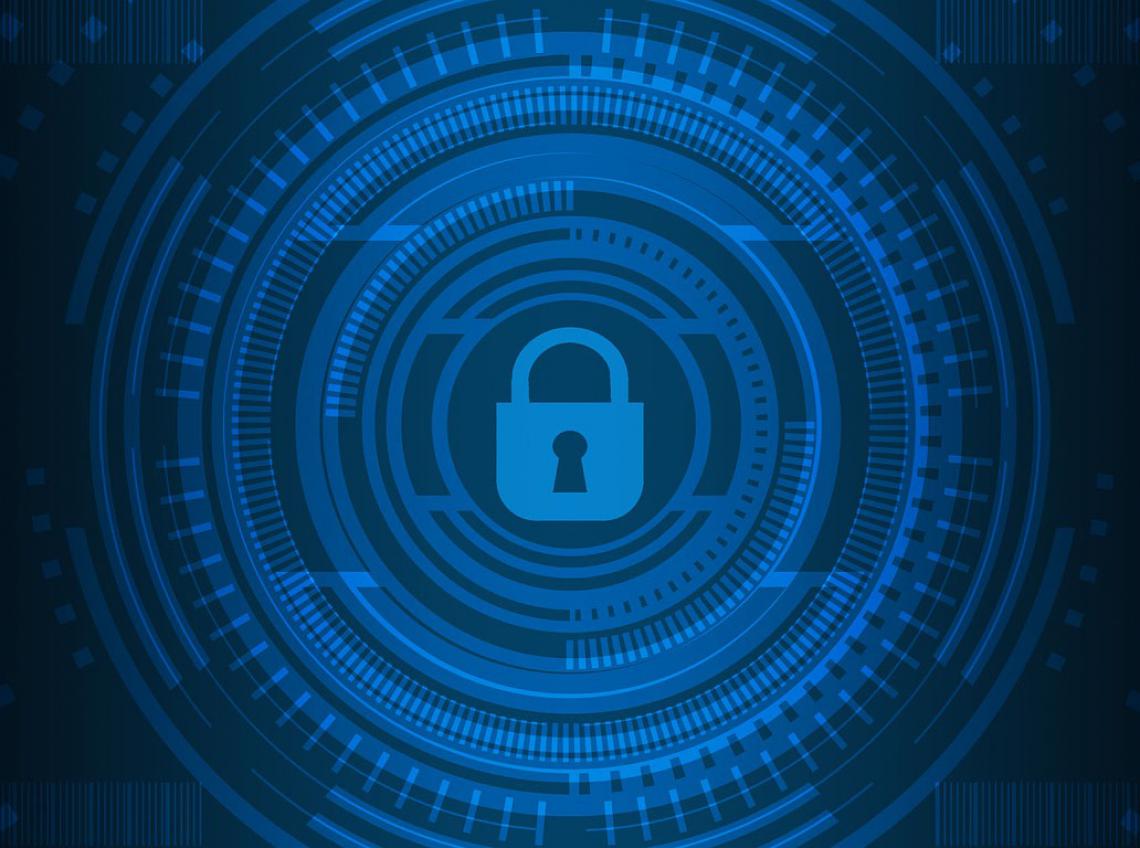Cyber
Engineering
Defense
& Forensics
Cyber Law
& Policy
What sets the University of Arizona's Cyber Operations program apart?
Curriculum Delivery
UA offers the Cyber Operations BAS degree in Face-to-Face, Hybrid, and Fully Online formats. We have carefully crafted our courses to ensure that students receive the exact same learning experience regardless of which learning modality they choose.
Hands-On Learning
UA Cyber Operations courses are structured to maximize the ability to learn by doing. Cyber is a highly technical field that requires hands-on experience to master the material.
Cloud Computing
There is no need for high performance or expensive computer equipment. UA provides each student everything they will need through an advanced Cloud-based Virtual Learning Environment.
Virtual Learning Environment
Our Virtual Learning Environment provides an unstructured synthetic live environment for students to conduct interactive cyber exercises.
| BAS Degrees | Undergraduate Certificates | |||||||||
|---|---|---|---|---|---|---|---|---|---|---|
| Cyber Engineering |
Defense & Forensics | Cyber Law & Policy | Cyber Operations | Cyber Security | Cyber Defense | Digital Forensics | Security Computing | Information Warfare | ||
| CYBV301 Fundamentals of Cybersecurity |
||||||||||
| CYBV302 Linux Security Essentials |
||||||||||
| CYBV303 Windows Security Essentials |
||||||||||
| CYBV310 Introduction to Security Programming I |
||||||||||
| CYBV311 Introduction to Security Programming II |
||||||||||
| CYBV312 Introduction to Security Scripting |
||||||||||
| CYBV326 Introductory Methods to Network Analysis |
||||||||||
| CYBV329 Cyber Law, Ethics & Policy |
||||||||||
| CYBV330 Introduction to Industrial Control System (ICS) Security |
||||||||||
| CYBV351 Signals Intelligence & Electronic Warfare (SIGINT) |
||||||||||
| CYBV354 Principles of Open Source Intelligence (OSINT) |
||||||||||
| CYBV381 From Incident to Digital Forensics |
||||||||||
| CYBV382 Network Forensics |
||||||||||
| CYBV383 Mobile Device Forensics |
||||||||||
| CYBV384 Host and File System Forensics (Windows) |
||||||||||
| CYBV385 Introduction to Cyber Operations |
||||||||||
| CYBV386 Enterprise and File System Forensics (Linux) |
||||||||||
| CYBV388 Cyber Investigations & Forensics |
||||||||||
| CYBV400 Active Cyber Defense |
||||||||||
| CYBV435 Cyber Threat Intelligence |
||||||||||
| CYBV436 Counter Cyber Threat Intelligence |
||||||||||
| CYBV437 Deception, Counterdeception & CounterIntelligence |
||||||||||
| CYBV440 Digital Espionage |
||||||||||
| CYBV441 Cyber War, Terror & Crime |
||||||||||
| CYBV442 Regulatory Limitations and Controls for Cyber Operations |
||||||||||
| CYBV443 Legal and Privacy Constraints in Cyber Operations |
||||||||||
| CYBV450 Information Warfare |
||||||||||
| CYBV454 Malware Threats & Analysis |
||||||||||
| CYBV460 Zero Trust Networking |
||||||||||
| CYBV470 C Programming for Security Professionals |
||||||||||
| CYBV471 Assembly Language Programming for Security Professionals |
||||||||||
| CYBV472 Secure Software Development & Analysis |
||||||||||
| CYBV473 Violent Python |
||||||||||
| CYBV474 Advanced Analytics for Security Operations |
||||||||||
| CYBV475 Cyber Deception Detection |
||||||||||
| CYBV477 Advanced Cyber Forensics |
||||||||||
| CYBV479 Wireless Networking & Security |
||||||||||
| CYBV480 Cyber Warfare |
||||||||||
| CYBV481 Social Engineering Attacks |
||||||||||
| CYBV483 Advanced Computational Propaganda |
||||||||||
| CYBV496 Special Topics in Cyber Operations |
||||||||||
| CYBV498 Cyber Operations Senior Capstone |
||||||||||
| APCV320 Computational Thinking & Doing |
||||||||||
| APCV361 Data Analysis and Visualization |
||||||||||
| BASV300 Introduction to Discrete Mathematics |
||||||||||
| BASV314 Mathematics for Applied Sciences |
||||||||||
| BASV376 Mathematics for Applied Technology |
||||||||||
| CSCV352 System Programming & Unix |
||||||||||
| CSCV452 Operating System Theory |
||||||||||
| ENGV306 Advanced Composition |
||||||||||
| INTV305 Introduction to Intelligence and Information Operations |
||||||||||
| INTV377 Psychological Operations (PSYOP) |
||||||||||
| NETV379 Cloud Computing |
||||||||||
The National Security Agency designated the University of Arizona's Cyber Operations - Cyber Engineering program as a Center of Academic Excellence in Cyber Operations (CAE-CO). With this designation, UA joins an extremely exclusive group of only 20 cyber programs in the nation. The NSA's CAE-CO designation demonstrates that UA's Cyber Operations program meets the most demanding academic and technical requirements.








